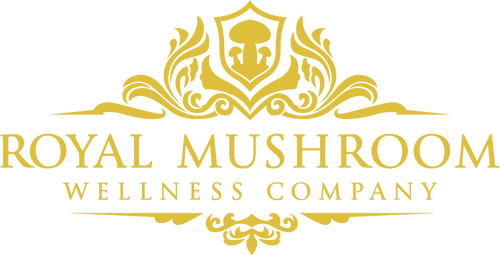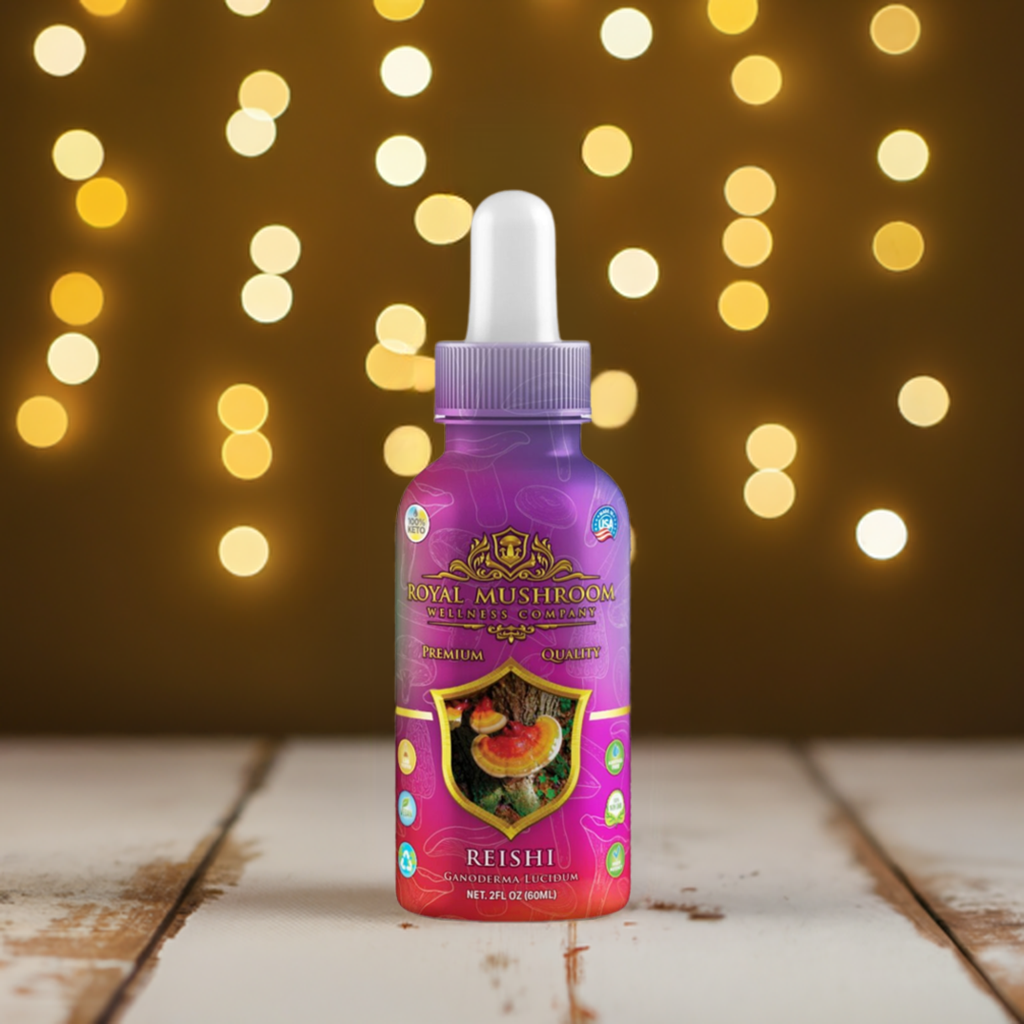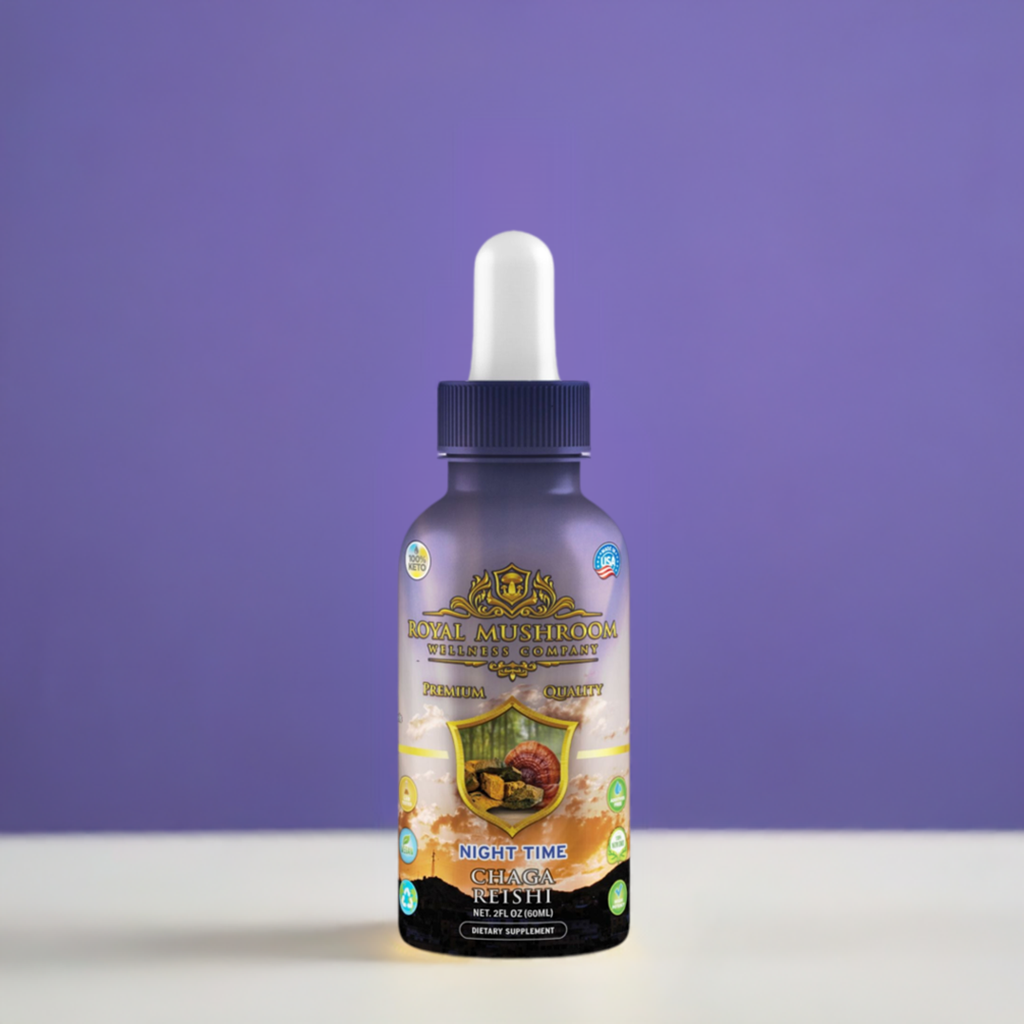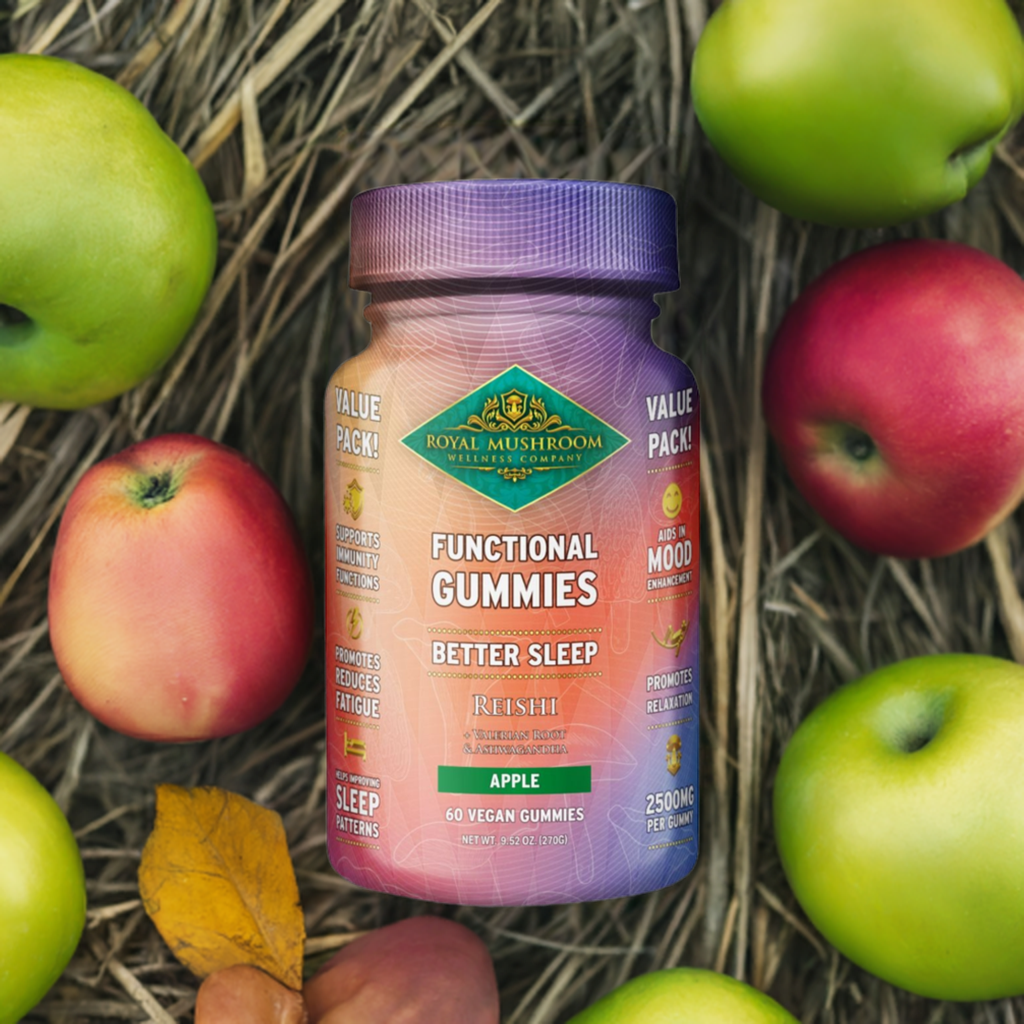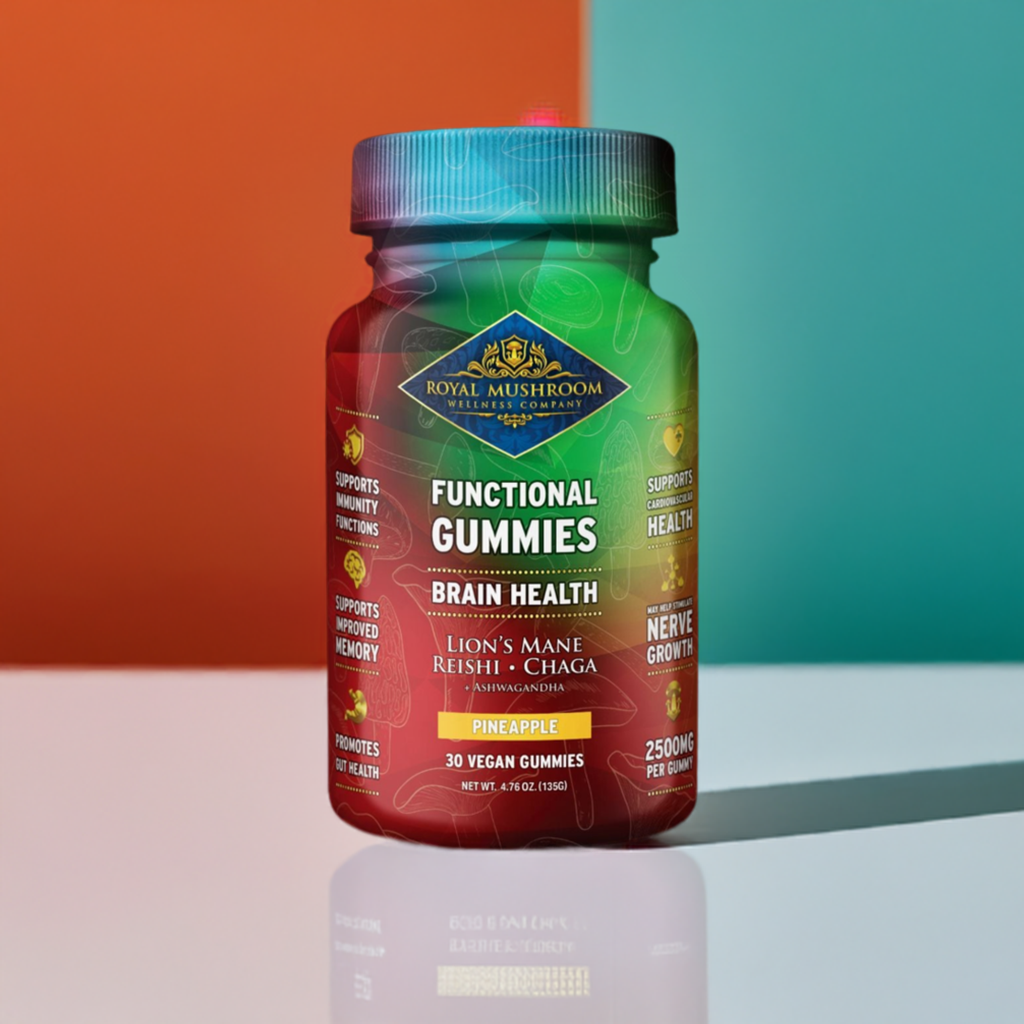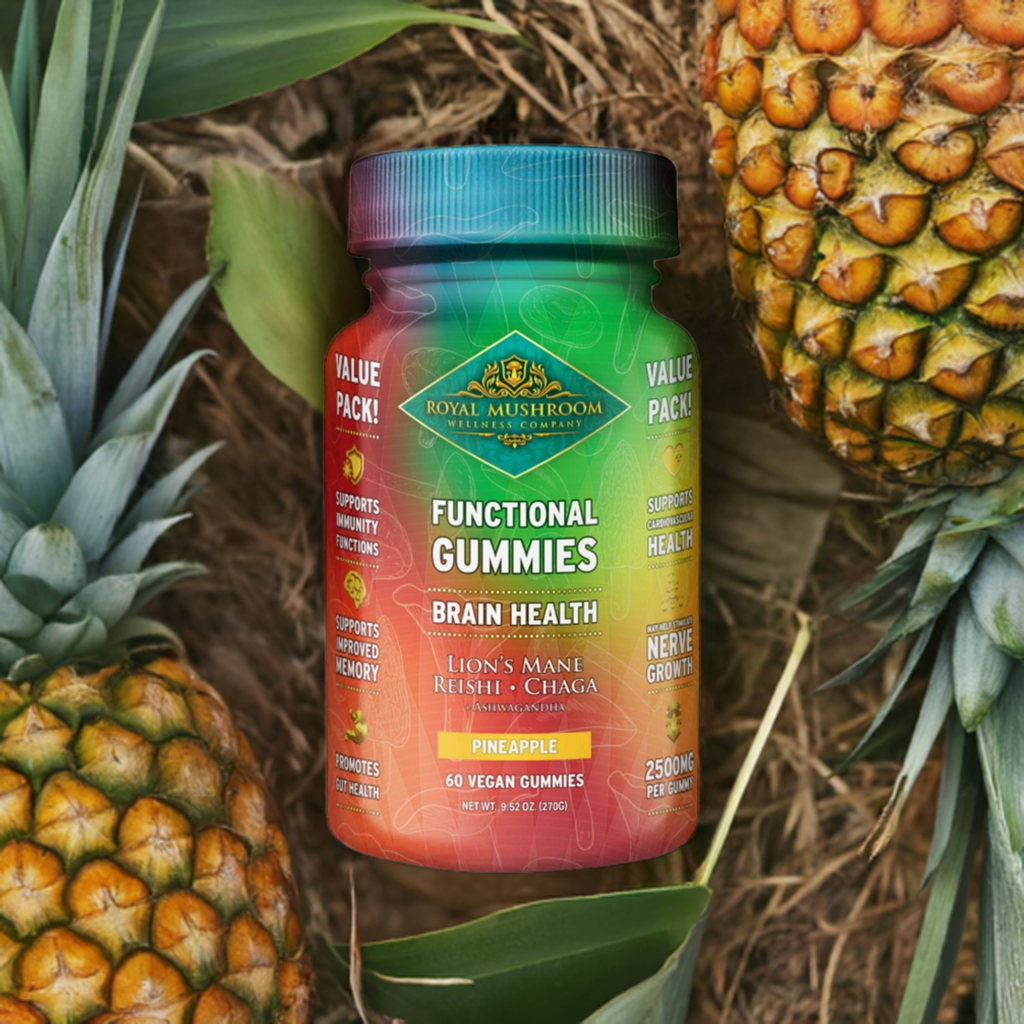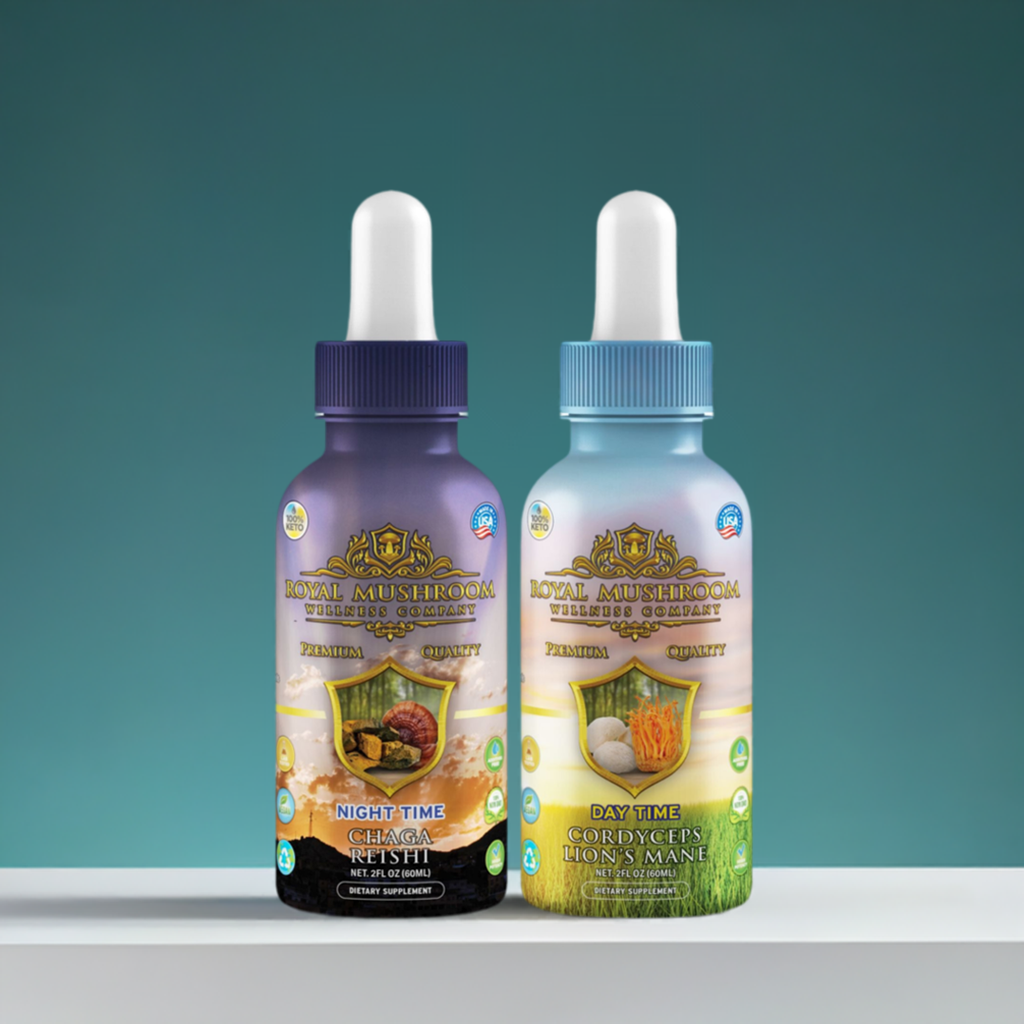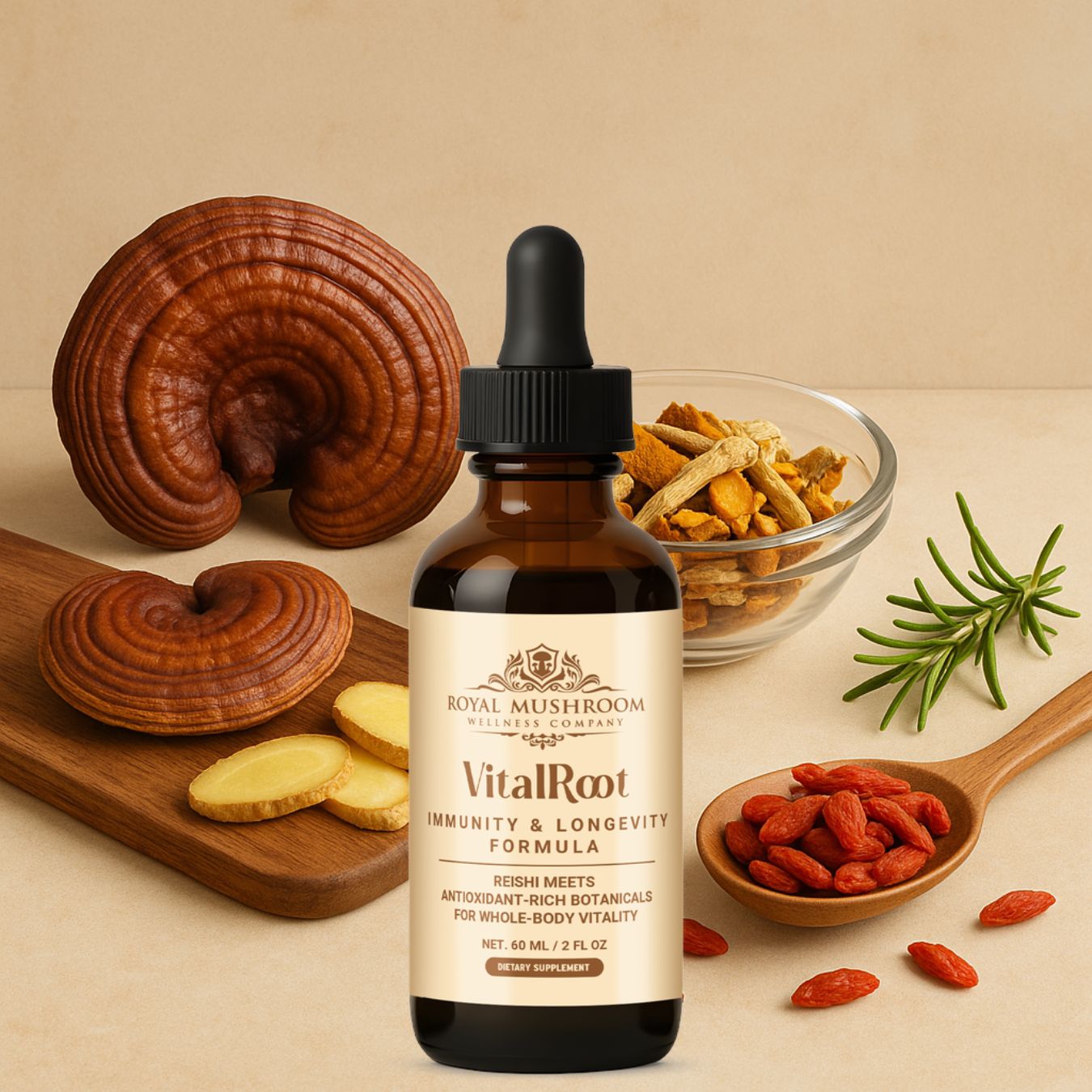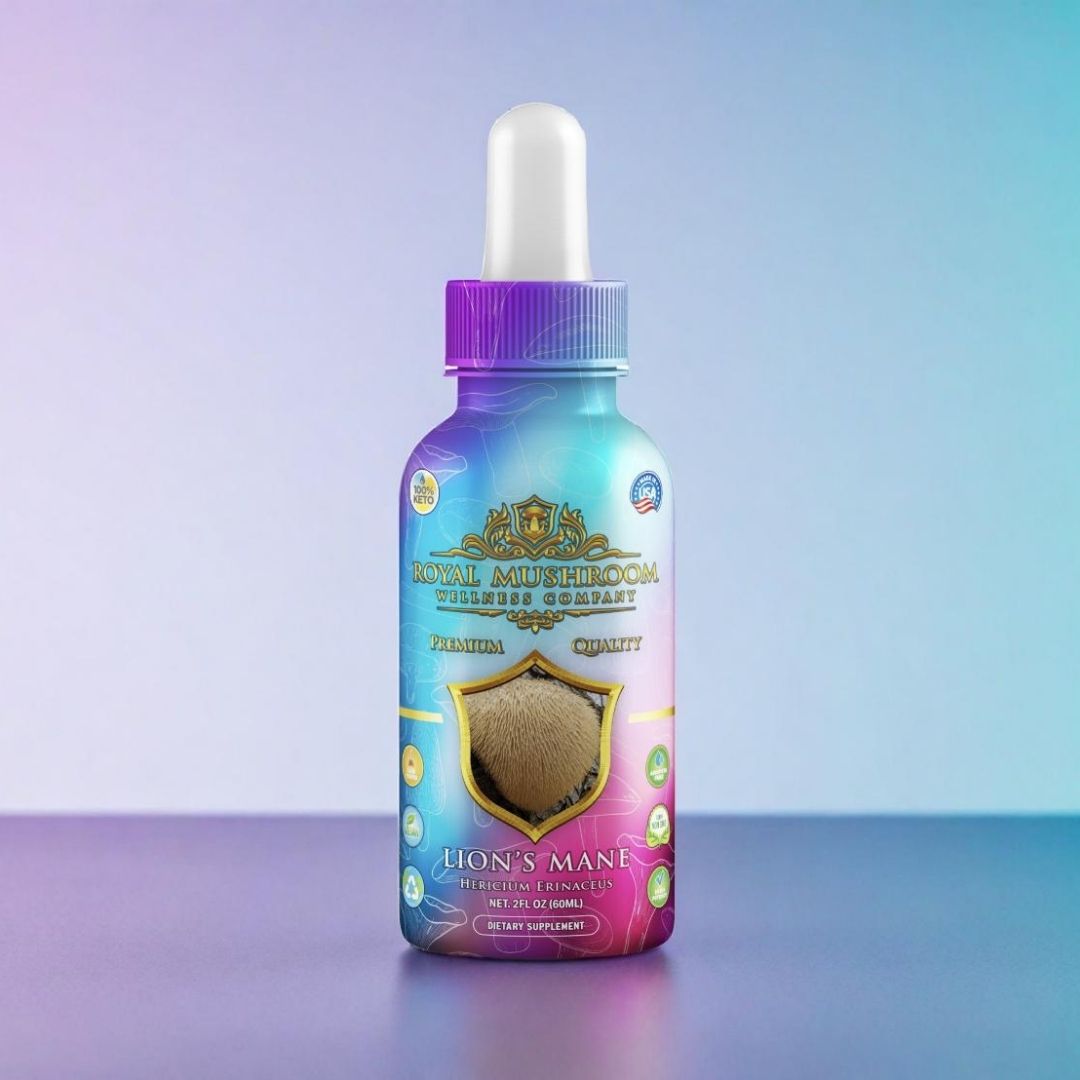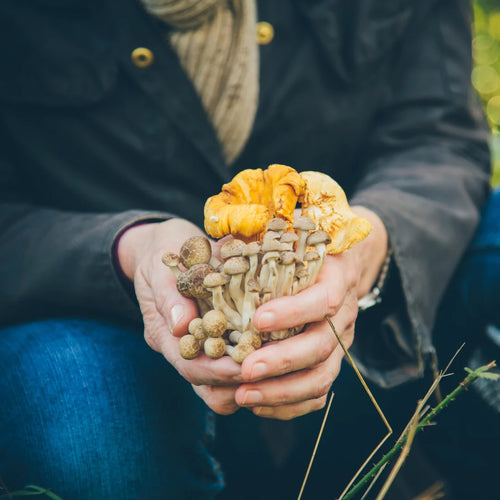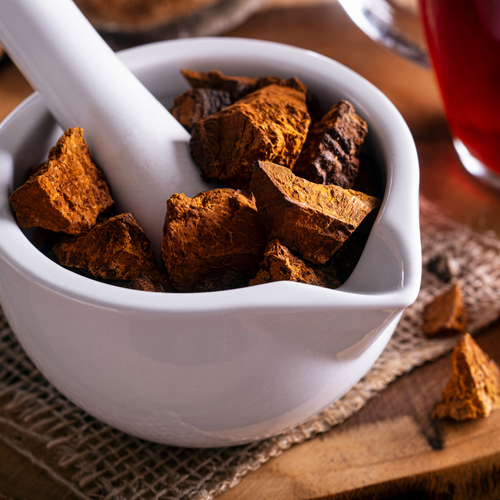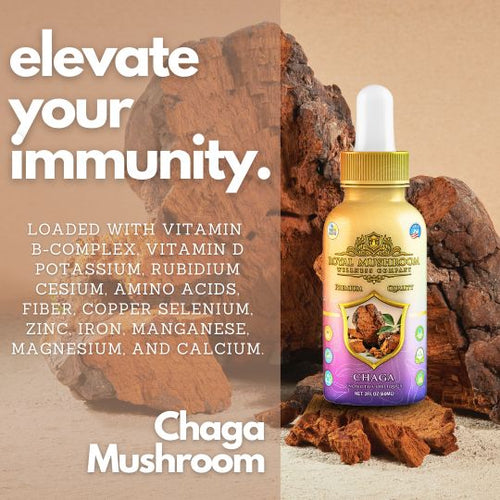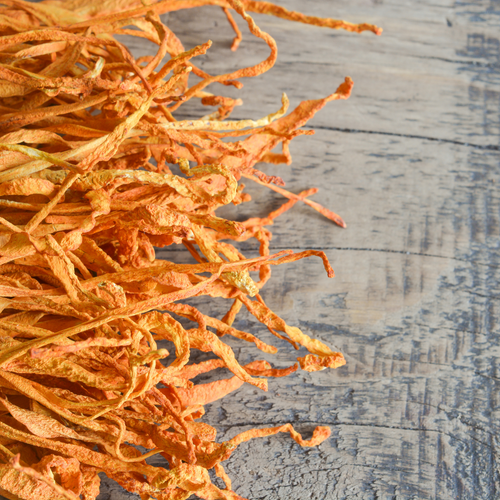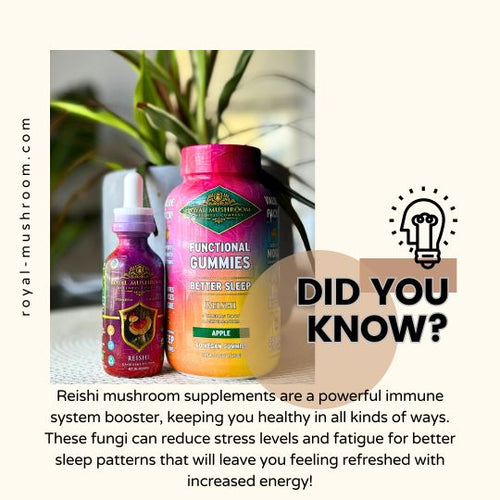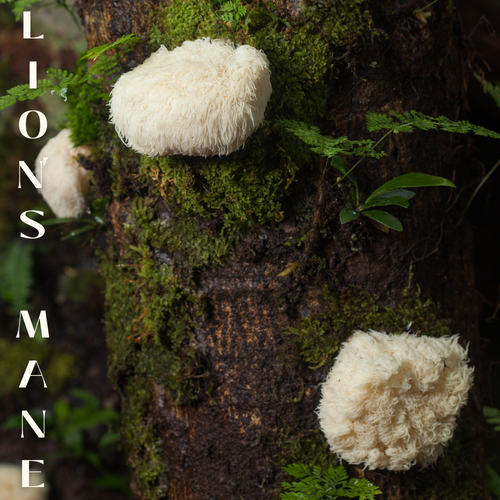When it comes to maintaining healthy and vibrant hair, many individuals seek natural remedies to combat hair loss. In recent years, one particular natural remedy has garnered significant attention for its potential benefits - the extraordinary reishi mushroom. Revered for its medicinal properties, this ancient fungus is believed to possess the power to effectively address hair loss concerns. In this comprehensive guide, we will delve into the intriguing properties of reishi mushrooms and explore their potential in reducing the impact of DHT (dihydrotestosterone), a hormone known to contribute to hair loss.
Understanding DHT and Hair Loss:
To comprehend the role of reishi mushrooms in hair loss prevention, it is essential to understand the relationship between DHT and hair follicles. Dihydrotestosterone, or DHT, is a hormone derived from testosterone. When DHT interacts with hair follicles, it can lead to their shrinkage, causing gradual thinning and eventual hair loss. Elevated levels of DHT are commonly associated with androgenetic alopecia, also known as male or female pattern baldness.
Reishi Mushroom and DHT Reduction:
Reishi mushrooms have gained attention for their potential to inhibit the conversion of testosterone into DHT, thus potentially mitigating the impact of DHT on hair follicles. Active compounds found in reishi mushrooms, including triterpenes, polysaccharides, and ganoderic acids, are believed to contribute to this inhibitory effect on DHT production.
A study published in the Journal of Ethnopharmacology demonstrated that reishi mushroom extract significantly reduced DHT levels in animal subjects. Another study published in the International Journal of Medicinal Mushrooms reported that intake of reishi mushroom extract reduced 5-alpha reductase activity, an enzyme responsible for converting testosterone into DHT.
These findings are promising, but it is crucial to note that further research is necessary to fully understand the mechanisms and effects of reishi mushrooms on DHT reduction in humans.
The Mechanisms Behind Reishi Mushroom's Potential:
1. Inhibition of 5-alpha Reductase Activity:
Reishi mushrooms may inhibit the activity of 5-alpha reductase, an enzyme responsible for converting testosterone into DHT. This inhibition may result in reduced DHT levels and a potential decrease in hair loss. The triterpenes found in reishi mushrooms are believed to be the primary contributors to this inhibitory effect.
2. Anti-inflammatory Properties:
Chronic inflammation in the scalp can contribute to hair loss. Reishi mushrooms possess potent anti-inflammatory properties, which may help alleviate scalp inflammation and create a healthier environment for hair follicles to thrive.
3. Antioxidant Effects:
Reishi mushrooms are rich in antioxidants, such as polysaccharides and ganoderic acids. These antioxidants scavenge free radicals and protect the cells from oxidative stress. By reducing oxidative stress, reishi mushrooms may support overall hair health and potentially mitigate the impact of DHT on hair follicles.
Duration of DHT Reduction:
The duration of DHT reduction after consuming reishi mushrooms can vary among individuals. Regular and consistent consumption of reishi mushroom extract or supplements is recommended to sustain the potential benefits. However, it is important to consult a healthcare professional or a certified herbalist to determine the appropriate dosage and duration for individual needs.
Supporting Evidence:
To further explore the subject, let's delve into some credible sources that provide additional information on the relationship between reishi mushrooms and DHT reduction:
1. "Inhibition of Steroid 5 Alpha-Reductase by Specific Algae Extracts":
This study, published in the Journal of Applied Cosmetology, examines the inhibitory effects of various natural extracts, including reishi mushroom, on 5-alpha
reductase activity. It provides valuable insights into the potential of reishi mushrooms to reduce DHT levels.
2. "Antitumor and Anticarcinogenic Activities of Ganoderma lucidum Polysaccharides Peptide":
Published in the Journal of Ethnopharmacology, this research article investigates the anti-tumor and anti-carcinogenic properties of ganoderma lucidum (reishi mushroom) polysaccharides. It sheds light on the multifaceted potential of reishi mushrooms beyond hair loss prevention.
Practical Approaches to Hair Loss Prevention:
While reishi mushrooms show promise in potentially reducing DHT levels, it is important to approach hair loss from a holistic perspective. Incorporating the following practices alongside reishi mushroom consumption may contribute to comprehensive hair loss prevention:
1. Balanced Diet:
Maintain a balanced diet rich in essential nutrients, including vitamins, minerals, proteins, and healthy fats. Nutritional deficiencies can impact hair health, and a well-rounded diet supports overall well-being.
2. Stress Management:
Chronic stress can contribute to hair loss. Implement stress-management techniques such as meditation, exercise, and engaging in activities that promote relaxation to reduce stress levels and support healthy hair growth.
3. Gentle Hair Care:
Avoid aggressive styling techniques, excessive heat, and harsh chemicals that can damage hair follicles. Opt for gentle hair care practices, use natural and nourishing hair products, and limit the use of styling tools that may cause hair breakage.
4. Scalp Health:
Maintain a clean and healthy scalp by regularly washing it with a gentle shampoo. Massaging the scalp can also help improve blood circulation and promote hair growth.
Reishi mushrooms have long been celebrated for their medicinal properties, and their potential role in reducing DHT levels makes them a fascinating option for those struggling with hair loss. While further research is needed to confirm these effects in humans, the inhibitory properties of reishi mushrooms on DHT production provide a promising avenue for natural hair loss prevention. When considering the use of reishi mushrooms or any other supplements, it is crucial to consult a healthcare professional for personalized advice and guidance. Remember that individual results may vary, and addressing hair loss comprehensively includes adopting a holistic approach to hair care and overall well-being.
